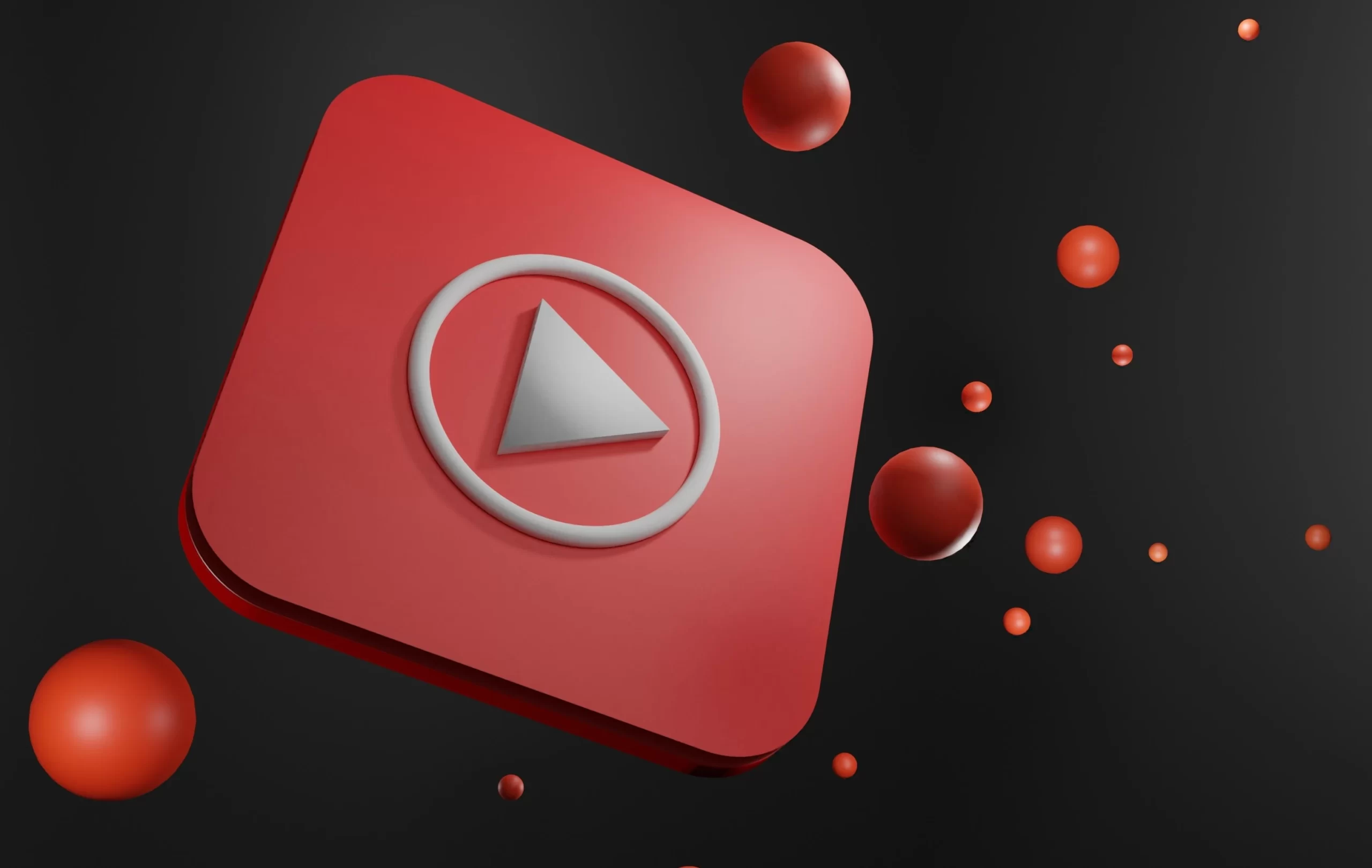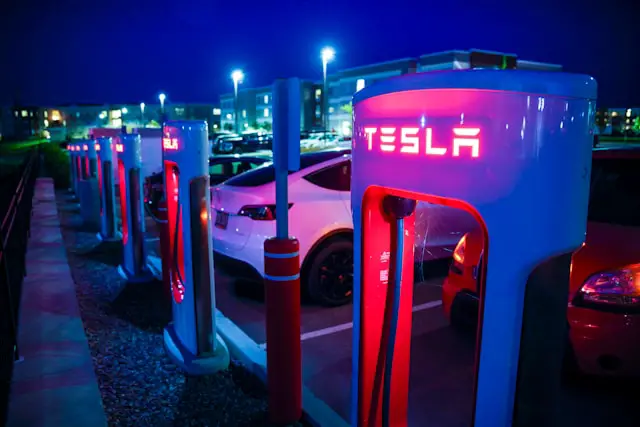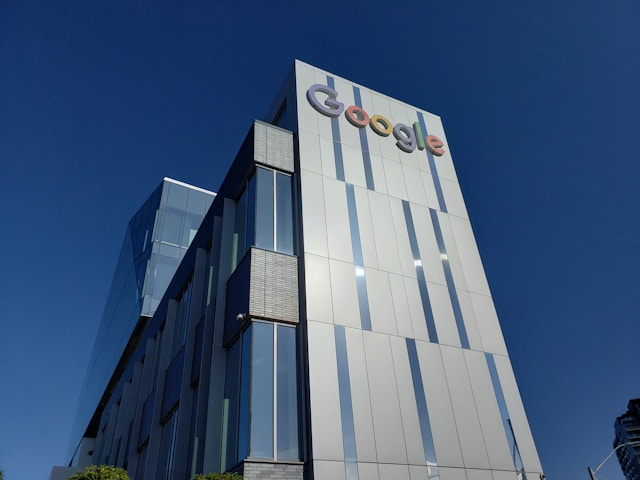YouTube Content Creators Face Penalties for Undisclosed Use of AI Tools Starting 2024
YouTube is intensifying measures against content creators who employ AI tools to produce “altered or synthetic” videos. Creators failing to disclose the use of AI tools may encounter penalties, including content removal or suspension from the platform’s revenue-sharing program, according to a recent blog post outlining AI-related policy updates. The move aims to strike a balance between fostering creativity through generative AI on the platform and upholding YouTube’s responsibility to protect its community.
Expanded Restrictions Address AI-Generated Video Disclosures
The updated rules, set to be enforced by next year, provide YouTubers with new options to indicate the use of AI-generated video. This includes realistic depictions of events that never occurred or individuals saying or doing things they never did. The disclosure becomes crucial, especially when dealing with sensitive topics like elections, ongoing conflicts, public health crises, or public officials. Altered videos will be labeled to alert viewers, with prominent indicators for sensitive subjects directly on the YouTube video player.
AI-Enhanced Detection and Privacy Measures
YouTube is also leveraging AI to identify and address content violating its rules, enabling quicker detection of “novel forms of abuse.” The privacy complaint process will be updated, allowing requests for the removal of AI-generated videos simulating identifiable individuals, including their face or voice. Additionally, YouTube music partners, such as record labels, can request the takedown of AI-generated music content that mimics an artist’s unique singing or rapping voice.
Google’s Earlier Mandate on AI in Political Ads
This move follows Google’s earlier mandate in September, which required prominent warning labels on political ads using artificial intelligence across YouTube and other Google platforms. YouTube’s latest efforts underscore a commitment to transparency and responsible AI use in the evolving landscape of online content creation.










Leave a Reply